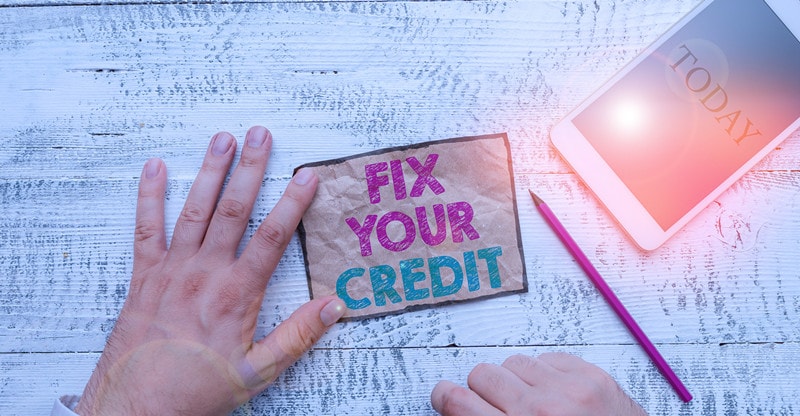How To Repair Your Credit In 2020
Having a good credit record is an essential goal that you can achieve now that you are entering a new decade. This year is a good chance for you to revisit your finances, check how you are doing with your debts and your payments and tracking when you can finally pay off your loans.
Keep in mind that a good FICO credit score of 670 and above is your ideal target if you want to have secure financial transactions and access to more loans and credit card options. Your interest rates could also be positively influenced by a good credit score.
Thus, for the next decade to come, ponder on these ways on how to repair or improve your credit starting this year.
Dispute Errors in Your Credit Report
Before you look for ways to improve your credit rating, you need to first thoroughly revisit and check your credit reports from the past year and if possible, the last two months of this year. As a consumer and as someone who has a history of loans and payments, you are entitled to get a free copy of your credit report each year from the three main credit bureaus: Equifax, Experian, and TransUnion.
Reviewing a yearly credit report from last year can take time might not be that convenient for you. At some point, you may have a hard time reviewing your credit report, but there is specialized software available that can help you with this. For one, there is a specialized software called DisputeBee, that can help make your credit review task faster, easier, and more accurately.
This software is being used by credit repair businesses as well, and surely, you can also use this for your personal credit checking. Also, once the incorrect reports have been removed or corrected, these can convert into much-needed boosts in your credit scores.
Automate Your Bill Payments
Setting up an automatic bill payment arrangement can help improve your payment history. If you have not made this type of arrangement with your service providers and your bank, now would be a good time to do so. Not only are you ensuring that your payments are regularly processed, but you are also protecting yourself from the negative effects on your credit score due to missed payments when you set your bills on autopay.
Just keep in mind to always have enough funds in your checking account to cover your monthly bills to avoid an overdraft. Once you are comfortable with this arrangement and you can consistently maintain funds in your account, your payment history will then go on a positive trend, which will also convert into a better credit score.
Manage Your Credit Utilization Ratio
Being responsible with your credit is an important factor when it comes to improving your credit score. Your credit utilization ratio, or the amount of debt you are having in comparison to your credit limit, is something you should work on this year. If you have any high-interest credit card debt at the moment, make sure to prioritize reducing such debts.
This will not only make your payment options easier, but you are also improving your position for possible loans in the future. Lowering your credit card balances will create a good impression to potential lenders on how you handle your credit. As a rule of thumb, keep your credit utilization ratio low, preferably below 30% of your credit limit.
There are many smart ways you can improve your credit report starting with this year and for the coming years. You need to realize the importance of a good credit score and you must have the willingness to start your credit improvement journey. Repairing your credit may be daunting at first, but with the right resources and mindset, you will be well on your way to financial stability.



